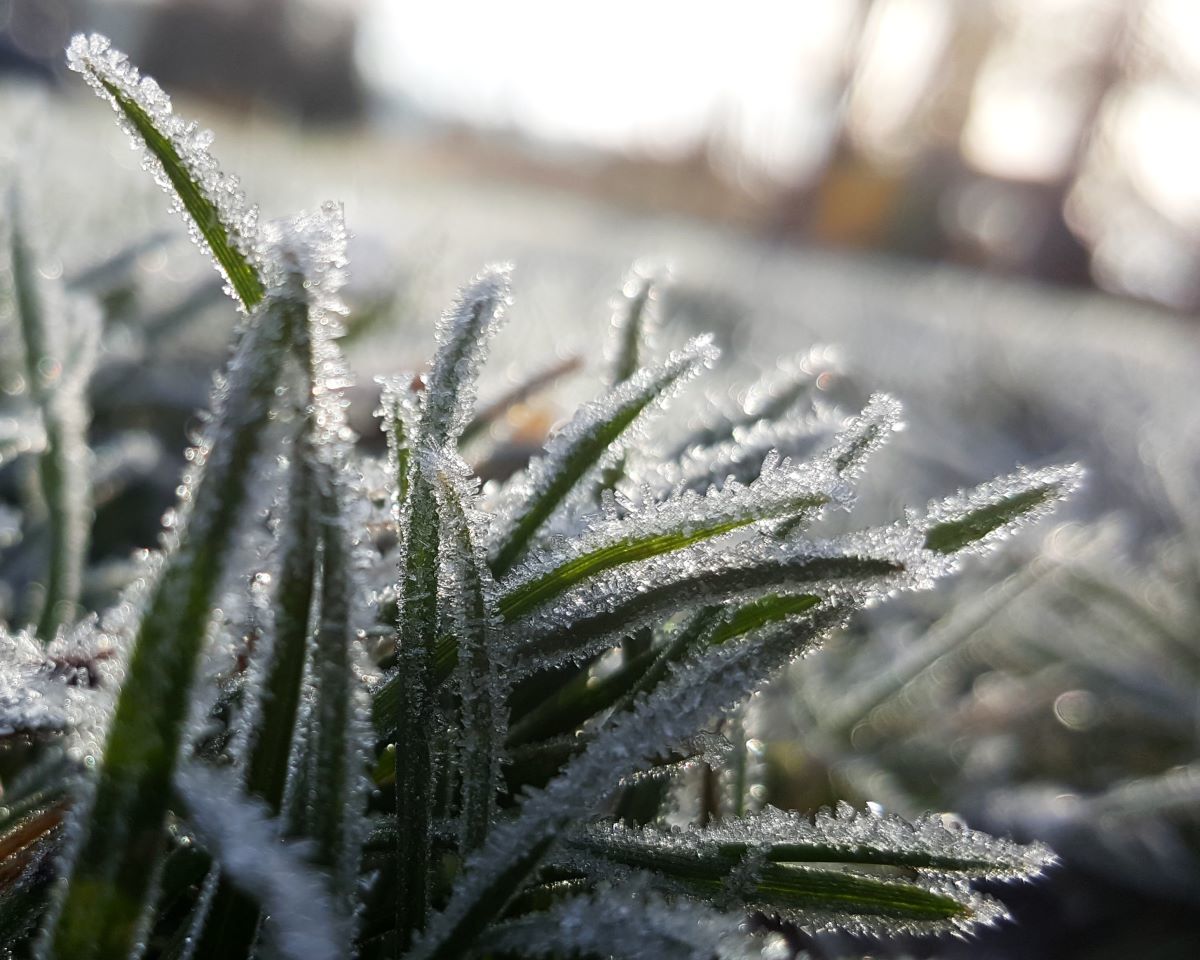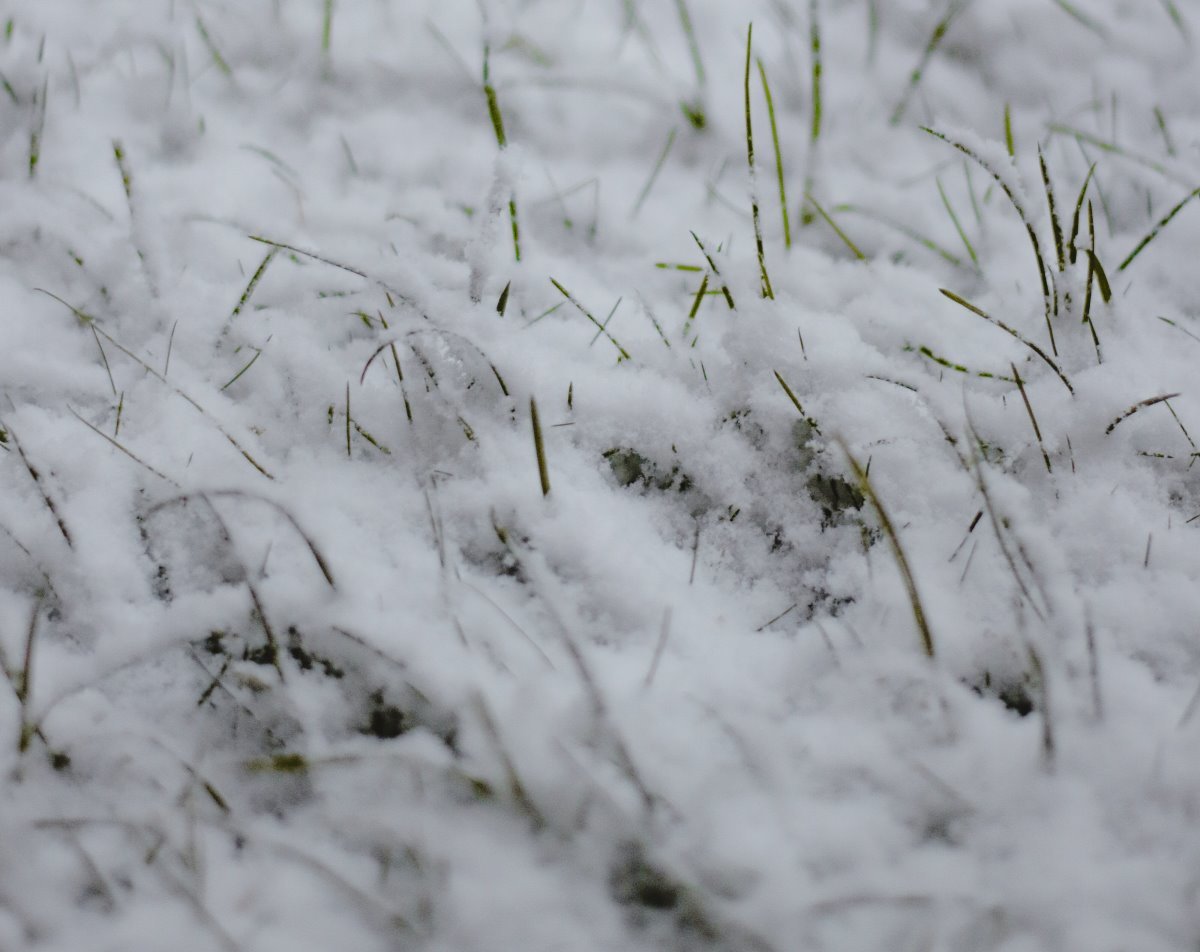Understanding the Impact of Snow on Your Winter Lawn
Reading time: 6 minutesSnow: the inevitable guest of every Canadian winter. Since you can't ignore it, you'll have to embrace it. But that doesn't mean that you have to risk your lawn in the process.
Understanding the impact of snow on your lawn is a great way to assuage your worries and help you prepare for snowfall, so you never have to be caught unaware by snow and can just ensure that your lawn is ready for spring.
To help you, our experts have gathered everything to give you a complete picture of the pitfalls and benefits of snowfall on your lawn, as well as some ways you can protect your property on your own or with the help of a professional.
What Everyone Wants to Know: Does Snow Hurt Yards?
Obviously, snow can cause damage to your home, power lines, and other structures, so it stands to reason that snow can also cause problems for your yard.
The damage may not be as severe or as costly, but it can cause many problems that impact your yard's aesthetics and overall health.

Snow Can Cause Ice Damage
Where there is snow, there is likely to be ice. While snow doesn't always cause problems, ice is far more likely to damage your yard. There are several levels of damage you could experience, and all of them are impacted by the length of time your lawn is exposed to ice, the toughness of your grass types, and the severity of ice coverage.
Ice can be heavy, weighing down grass and tearing grass and other plant matter. Additionally, ice coverage can equate to plant death when those plants are exposed to carbon dioxide buildup. If your area experiences some temperature fluctuations, the resulting thaw and refreeze can cause the turf cells to burst, killing plants.
Even without total plant death, the longer your plants and turf are exposed to ice, the more likely they will experience severe damage that is difficult to reverse. Then, you'll need to focus on a plan for rejuvenating your lawn, which can cost more than you'd like to spend.
Snow Mold Can be a Concern
Snow mold is a fungus that impacts many grass species, especially those considered cool-season turfgrasses. Generally, your yard is most at risk when you receive a heavy snowfall before your ground freezes entirely.
This fungus, which comes in two forms, pink and grey snow mould, is usually noticed once spring starts and the ground begins to thaw all the way through. There's not much you can do for snow mould once you find it, so the key to avoiding it is through preventative lawn care. This could mean a fall fertilization treatment or fungicide.
Grass Germination Is Slowed
For many, fall is the time to reseed or overseed their yard. This means that your lawn is likely to have seeds in the soil when winter hits. Because these seeds need warmer temperatures to germinate, once winter settles in, your seeds are likely to stop germinating entirely.
If you want a fuller lawn come spring, you'll want to consider overseeding earlier in the fall so your yard can grow earlier for better results.
There Are Benefits to Snow on Your Lawn
While snow has some downsides, overall, snow isn't really something you have to worry about for your lawn. Instead of worrying when you see a winter storm rolling in, you can think of these great benefits as a great addition to your lawn prep to get through the winter.
Snow Insulates Your Yard
A layer of snow on the ground is a great way to offer some protection from the winter and the elements. The snow effectively acts as one big blanket that keeps your lawn cozy against bitter night temperatures for the 3-4 months when Canada experiences regular snow.
With the insulation provided by the snowfall, the roots of your grass have a far better chance of surviving through the winter without much damage.
More Nitrogen in the Soil
When snow falls, it naturally picks up some nitrogen in the air. Then, it covers the ground and, as it melts, puts that nitrogen back into the soil. From there, your insulated grass can absorb this essential nutrient. Because this micronutrient is critical to your lawn's health, this is a great, natural way for your property to help itself get ready for spring.
Convenient Watering
Regular snowfall is an excellent way for your lawn to get water without you needing to interfere throughout the winter. This avoids the potential of a frozen yard if you have to water the yard yourself. Additionally, the natural snowmelt follows the weather flow, so everything works together more smoothly.

Can I Protect My Lawn During the Winter?
You can do many things to protect your lawn during the winter. From DIY to preparation and assistance from a professional lawn care company, you have options to prevent damage before it can set in.
How You Can Care for Your Lawn Yourself
Some things fall out of the scope of a company's services. That's when it's time to handle some things on your own. This will assist your lawn partner in the long term and means you act as a line of defence for your outdoor spaces.
We have a few tips for winter lawn care that are helpful when you want to prepare your yard for snow:
- Properly mow your lawn in the fall and stop before it gets too cold. Then, pick up any debris or clippings before the first snow.
- A fine layer of mulch is a great way to add some insulation.
- Ensure water doesn't build up in the winter, and make sure you don't water when it's frigid out.
- Don't walk on a snowy lawn if you can help it.
Professionals Can Help You Be Proactive
While you can do many things to prepare your lawn and keep it healthy during the winter, some of the best preventative and proactive methods are only accessible through a professional partner.
From season-long maintenance to seasonal services, you can create the healthiest base possible before the snow falls. With expert lawn services on your side, you can:
- Get aeration and overseeding done in the fall to encourage growth and a fuller yard.
- Receive expert advice on the best way to support your yard's health.
- Have access to a broader variety of equipment and tools without needing to purchase them.
- Take advantage of professionally curated fertilizer treatments for long-term health.
Overall, these services protect your lawn and improve aesthetics for the long term, so even when the weather gets bad, you're protected.
Prepare Your Lawn for Winter with Green Drop
When snow falls, and you're worried about your lawn, you want to rest easy knowing that your property is ready to get through the winter. Lawn care and snow removal services from Green Drop help you get through even the most severe winter weather.

